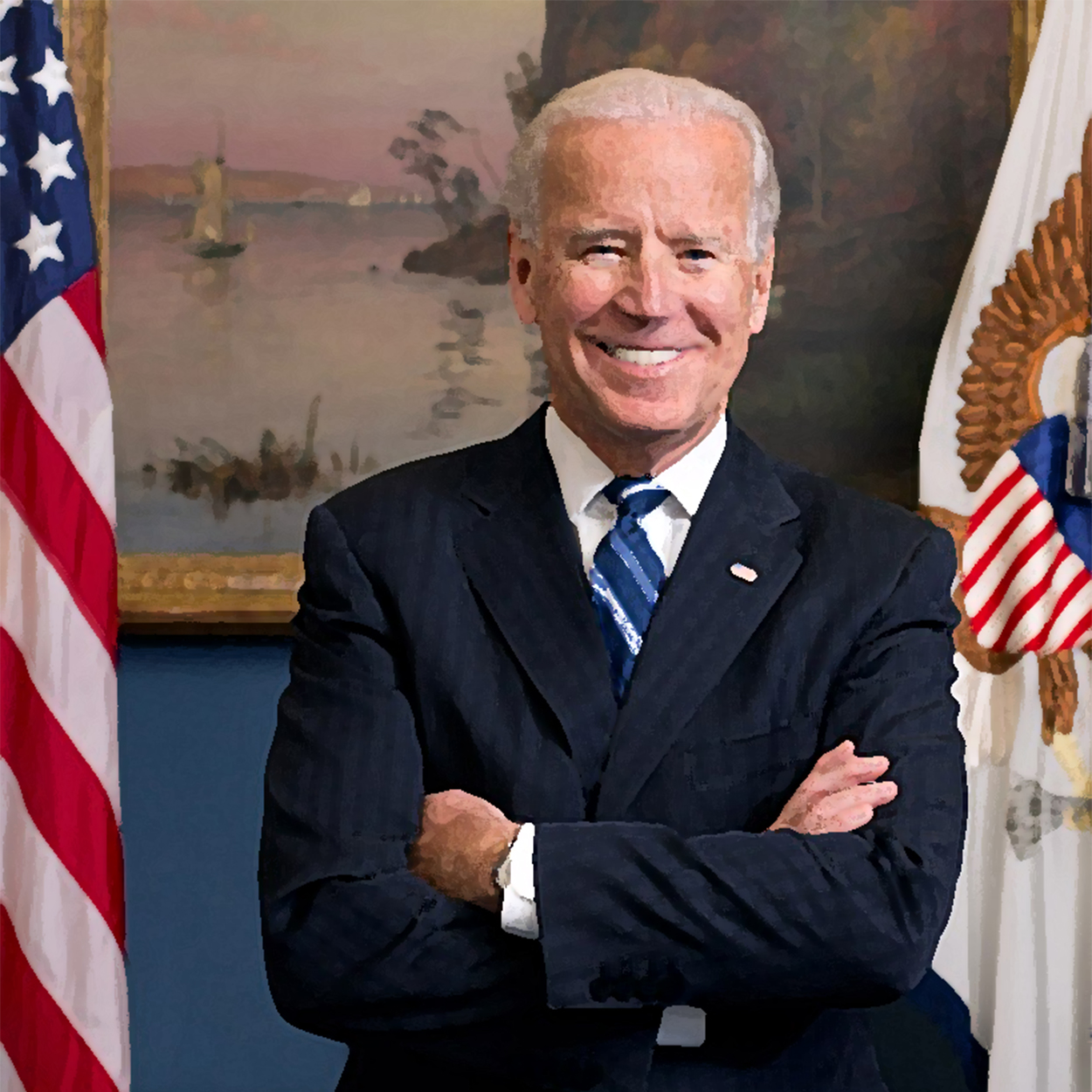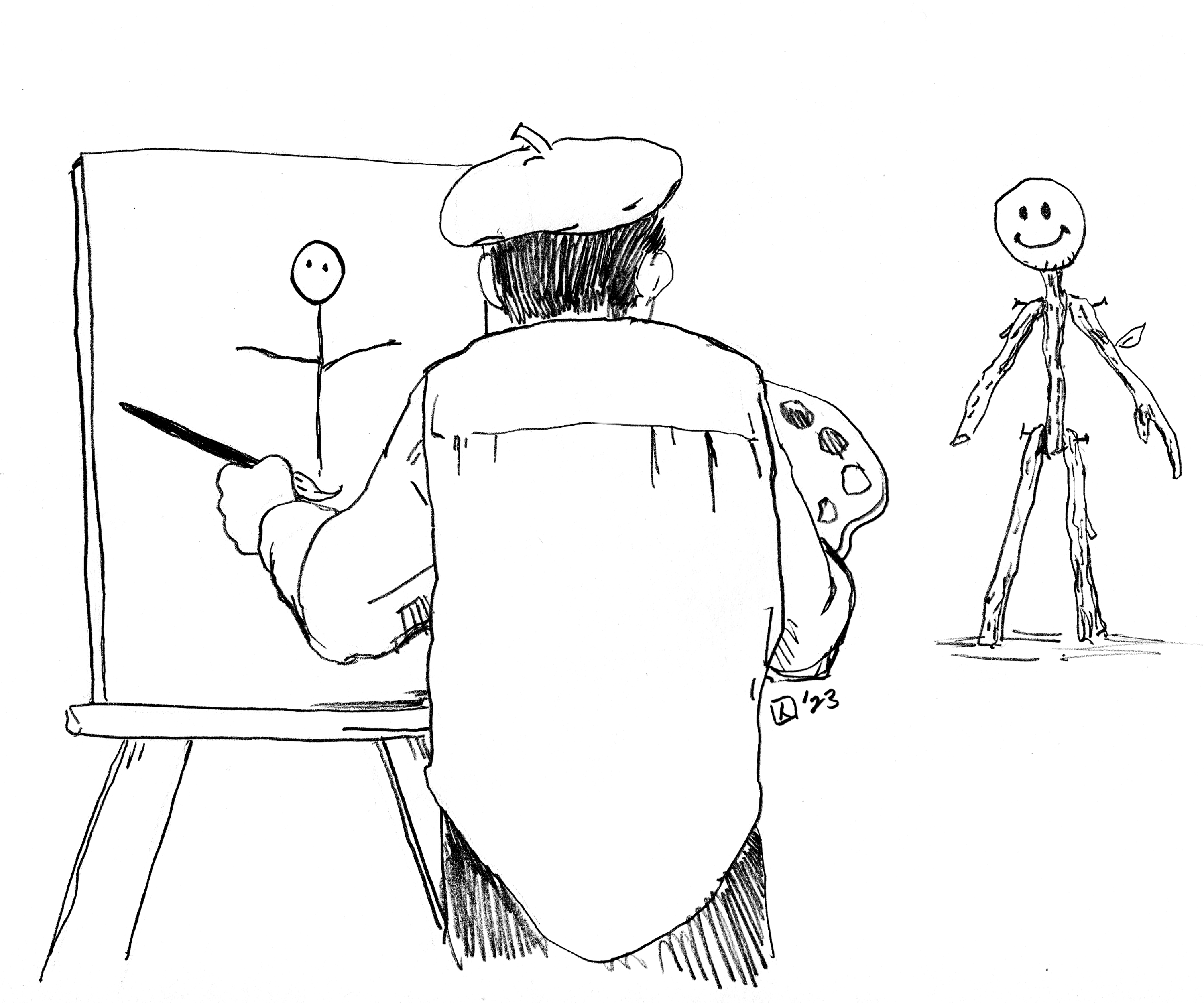Note: previous articles in this discussion were contributed by Jacob Hess, Patrick Mason, and Jay Griffith.
Those with concerns about the Church of Jesus Christ often speak of additional “hard work” needed in order to reach for Zion. While there seems to be a shared appreciation of some kind of difficult work ahead, thoughtful disciples appear to diverge in meaningful ways when it comes to what exactly that work is—and where the greater difficulty comes from.
The hard news of the kingdom. In project management, we have a simple phrase that expresses the importance and urgency of delivering hard news: Go ugly early. That phrase has some variations, and in the context of project management, it means delivering hard news as soon as possible. To illustrate, suppose you are hired to manage the construction of a $20 million office building. After obtaining approvals to begin construction, you realize that the project sponsor was mistaken about how much everything would cost. Because the architect and engineers were not fully aware of soil conditions at the site, the building will need a much deeper foundation if it is to remain structurally sound—placing the more realistic estimate closer to $26 million, possibly more.
As a project manager, you have a choice to make. Do you go to the sponsor and have the uncomfortable conversation now, early in the process, and lay out the risks facing the project? You like her, and you want to manage this construction project more than anything—and she has already spent $5 million to acquire the property and get the design and permitting. Not broaching this challenging possibility would keep you comfortably employed during construction and lead to additional work with this sponsor afterward. After all, maybe you’re wrong about the soil conditions. And you can always hope that the sponsor will come to these realizations about the project on her own. By contrast, if you have a completely honest conversation with her about these likely cost increases, she might stop the project altogether or replace you as the project manager—which would be personally devastating. You have also seen other sponsors angrily abandon their investments, fire their teams, and carry resentment about their sunk costs.
I once had a colleague who reacted to hard news about our project by slamming his phone down, turning beet red, shrieking loudly in tears, and kicking a hole in his wall. In these situations where reality is likely to feel brutal, we can naturally feel anxiety about what to do, and about whether or how to communicate the truth. And we can yearn for reality to be something other than what it is. What is the “loving thing to do” in such a situation? Is it to go ugly early and be candidly transparent about larger risks to the project, even if that will hurt the people who have invested in it? Or is it loving to put relationship over reality and dissemble about risks that, after all, are hard to assess with certainty? Most of us might answer that we would appreciate early candor so we can make our decisions with eyes wide open. That would be the loving approach, even if it ended the project that was the basis of our working relationship. However, sometimes in project management, patience is rewarded as time allows for innovations to emerge and reduce project risks. This is why these decisions are sometimes anything but clear. The real pain of a project is when we tell ourselves stories of unfairness and unbearableness about what we are doing.
Any serious student of the life of Jesus will see that His consistent pattern was to be brutally honest early and often, speaking with sharp and divisive clarity about what was expected of His followers. In Luke 13, we read of his shocking statement:
If anyone comes to me and does not hate his own father and mother and wife and children and brothers and sisters and even his own life, he is not able to be my disciple. Whoever does not bear his own cross and come after me is not able to be my disciple. Who among you, while wanting to build a tower, does not first sit down and count the cost to see whether he has enough to complete it? Otherwise, when he sets his foundation and is not able to finish it, those watching will mock him, saying, “This man began to build, and he was not able to finish it.” Or what king who goes against another king to engage in battle will not first sit down and consult whether he is able with ten thousand men to meet twenty thousand coming against him? And if he cannot succeed, having sent an embassy when he is yet a long way off, does he ask for peace? Thus, every one of you who does not forsake all that he has is not able to be my disciple.
The message in this and other passages is clear: If you’re serious, then discipleship is going to be the hardest thing you have ever undertaken. This is an accurate upfront picture of the cost. Decide now if you are willing to pay it.
Beyond the temptation of smooth things. Buddhism considers ignorance/delusion as one of the three poisons (along with aversion and attachment) that creates our suffering. We human beings have a deep and persistent tendency to want reality to be something other than what it is, and we fight with any tools at our disposal, from violence to victim narratives to psychosis, rather than letting go of our most comforting delusions. The prophet Isaiah wrote of being open to reality and thus having “eyes to see.” But he also said:
This is a rebellious people, lying children, children that will not hear the law of the Lord:
Which say to the seers, See not; and to the prophets, Prophesy not unto us right things, speak unto us smooth things, prophesy deceits …
In a life of faith, it is normal to create simple mental models of concepts like scripture, revelation, and more. Ideally, these mental models are challenged, updated, and refined over time as we have more experience and put these concepts into practice. And if we are mature, we increasingly welcome this uncomfortable process as a normal part of our development rather than viewing it in terms of personal defects or shame. During the ministry of President Thomas S. Monson, The Church of Jesus Christ of Latter-day Saints was led through this same process of growth when a number of gospel topics essays on hot-button issues like race, plural marriage, and the nature of scripture were published by the Church. These essays represented a new level of what we might call brutal honesty that challenged some overly simplistic mental models. While some made difficult adjustments to their mental models and moved forward in the faith, others simply ignored the essays. Still others, unfortunately, responded with shock and disillusionment, even to the point of walking away altogether.
Embracing the warts and all. In the recent exchange here about Brother Brad Wilcox’s fireside remark between Jacob Hess, Patrick Mason, and Jay Griffith, Patrick was right to point out that these controversial remarks were a departure from current church teachings as found in the gospel topics essay on race. They were also a departure from the Church’s push for ecumenical engagement with other faiths, and also from the Church’s trend moving away from the “pedestalization” of women, wherein claims about the spiritual superiority of women create awkward moments among people who have moved on from those narratives. The Church has made the decision to get real with people through some raw, unvarnished accounts of church history in Saints and openly acknowledging some racist views held by Brigham Young.
If church members have this fuller “warts and all” understanding of church history, our leadership clearly anticipates members will have an opportunity to develop the intellectual and emotional muscles that allow for processing difficult human dimensions of our faith. Again, there is always risk involved in doing this, especially since many church members had not yet developed those muscles, with some opting to follow a path of disillusionment out of the faith. Would the Church take such a risk if it was only concerned about sheer membership numbers? I believe these difficult steps signal the absolute confidence in church leadership that the Church is what we claim it to be. Speaking of a recent controversy, President Russell M. Nelson plainly encouraged BYU students to “Ask your Heavenly Father if we truly are the Lord’s apostles and prophets. Ask if we have received revelation on this and other matters.” This is not the behavior of someone who is uncertain about the divine authority in his calling.
For many of us, our sadness and surprise over Brad Wilcox’s remarks arise from an appreciation that the Church’s “warts and all” openness comes from that position of strength, not desperation or expediency. Although we know that many people will leave the faith in response —always a cause for grief—we have been told in restoration scripture that our numbers will be few due to opposition. But we also know that members who are experiencing God in the work of the Church will dig deep, rise to the occasion, and shine all the brighter. Rather than sugarcoat and try to make something easier and more palatable, there is a hunger among many of us for Brad Wilcox and others speaking to our church members to frankly acknowledge the full costs and benefits of discipleship, and the challenges we are living as a church, even if that means that some leave us. Yes, let’s get real with people, early. That means following the lead of biblical Israel and speaking plainly to the world about our disappointments and failures while speaking with equal plainness about manifestations of God’s power in the work of the Church. We can confidently do the former when, like President Nelson, we are clear about the latter.
Not turning away from some unpopular realities. In the hope for more candid discussion of our past and present, I see no daylight between my views and those of Patrick Mason and Jay Griffith. But there are areas where I wish they too would perhaps look at reality more squarely and make their own difficult adjustments to thinking. For instance, Jay suggests that we put “people before principles,” and yet as I explained in a previous article on inclusivity, the desire to avoid drawing lines on principles has resulted in massive declines in churchgoing for decades in mainline Christianity. Let’s be completely candid about the reality that people of faith come together for clear banners firmly planted. Putting people before principles most often insinuates that truth, law, and higher principles are somehow of lesser importance—and that those who encourage yielding with fidelity unto them are not understanding what people really need. None of that is true. Although heaven knows we could use more harmonious feelings, kindness, tenderness, and deep listening these days, true love of God involves more than how we act towards others. It involves conversion, or in the words of John, “For this is the love of God, that we keep his commandments: and his commandments are not grievous.”
Patrick is right to insist upon costly grace and not allowing our Christian love for Brad Wilcox to lead us to ignore the hurt in his remarks and avoid the hard learning opportunity they prompt. Yet is this progression really the responsibility of the faceless, joyless, internet chorus to dictate? Brad Wilcox has great people around him who can help him make hard adjustments, people who—unlike the online shame mob—choose to see others through the lens of Christian redemption. This grace is anything but cheap.
What I hope Patrick will consider is that there is no such thing as cheap Zion either. His essay closes with several appeals to community things we can do “together.” Without a clear shared understanding of what we believe as a people, however, there is no “we”: no common vision of our project, no shared blueprint of how to achieve it—just a group of people loosely united by a common venue where we play out our divergent personal interests (with all the messy conflicts that entails). Many church members who feel passionately about racism, for instance, have rejected the Church’s clear revelations about gender and sexuality, or have adopted views of systemic racism that see no value in personal redemption. Let’s get real, early: Zion is always predicated on a common understanding of core doctrine, and it’s far more costly than many among us might be thinking. It’s fair to say that only the converted will be capable of doing the hard things together that Zion and the King of Zion require of us.
Towards more unity of mind. Repeating what Jesus said, who among you while wanting to build a tower does not first sit down and count the cost to see whether he has enough to complete it? In a Twitter post during this controversy, Tamu from Sistas in Zion asked a valuable question along these lines:
My larger answer to Sistas in Zion and other church members is, plan for the work ahead to be harder, more emotionally costly than you are currently imagining. Whatever you find difficult about your church experience, plan for that to become more difficult, not less, in the days ahead. In recent years church leaders have warned us repeatedly along these lines.
What M. Scott Peck famously said of life, in general, is true of a Christian life of faith. He said,
Life is difficult. This is a great truth, one of the greatest truths. It is a great truth because once we truly see this truth, we transcend it. Once we truly know that life is difficult—once we truly understand and accept it—then life is no longer difficult. Because once it is accepted, the fact that life is difficult no longer matters.
If we think of a life of Christian faith as a mighty project, then what makes that project difficult is not unexpected costs or other surprise challenges. If we have done as Jesus insisted and really counted the true cost of this project at the outset, with no delusions and our eyes wide open, then costs and surprises might sting from time to time, but that no longer matters. The real pain of a project is when we tell ourselves stories of unfairness and unbearableness about what we are doing, and we are constantly uncertain about our commitment. We generally don’t think of things as unfair or unbearable when they are already priced into our firm commitment from the start.
The good news in our challenges is that the mistakes of Brad Wilcox and myself and all of the rest of us in this Zion project were already accounted for long ago, and our healing and redemption are planned and underway if we are willing to set aside our delusions and have eyes to see.

















